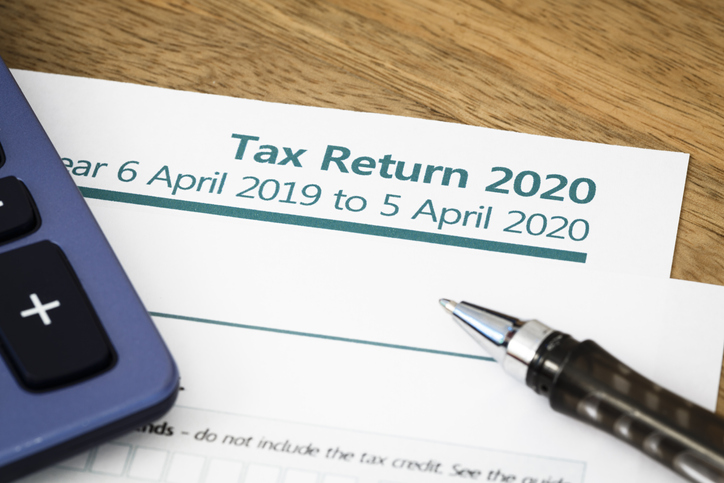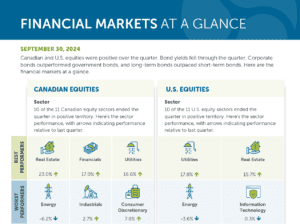5 things you need to know about missing the self-assessment tax return deadline

With 31 January deadline fast approaching, time is ticking for the UK’s 5.4m tax payers to submit their Self-Assessment tax returns. With 2022 having been another challenging year, what can you do if you miss the deadline?
Simon Roberts, Solicitor at DAS Law, tells you what you need to know…
In general, the penalties for failing to file your tax return on time are automatic and fixed: there is an initial penalty of £100. If you continue to miss the deadline for failing to file a tax return there will be further charges and interest. To calculate your estimated penalties, HMRC has a penalty calculator – Estimate your penalty for late Self Assessment tax returns and payments – GOV.UK (www.gov.uk)
But what if you have good reason to file your return late? Suppose your business is recovering from a fire or you have suffered flooding?
1) Reasonable excuses for missing the deadline
HMRC says that a reasonable excuse for missing the deadline is “…normally something unexpected or outside your control that stopped you meeting a tax obligation.” Examples include the recent death of a partner, an unexpected stay in the hospital, computer failures, service issues with the tax authority’s online services, a fire that prevented the completion of a tax return or postal delays.
HMRC still considers COVID-19 as a reasonable excuse for missing some tax obligations such as payments or filing dates but it will be up to you to show how coronavirus has affected you in the appeal. There is still an expectation for you to make the return or the payment as soon as possible.
2) Excuses that you can’t use
Excuses that HMRC will not accept include:
You relied on someone else to send your return and they didn’t;
You found HMRC’s online system too difficult to use; or
You didn’t get a reminder from HMRC.
3) Getting a penalty cancelled or amended
HMRC will amend or cancel a penalty for late filing in cases where the taxpayer can show that there was a reasonable excuse for failing to file on time. However, that excuse needs to have prevented the taxpayer from filing a return over the whole period – in other words, it must have applied continuously.
For example, your case will be considerably weakened if you have actually worked and received taxable income during the period of the delay. HMRC might well argue that, if you were well enough to work, you were well enough to complete your tax return.
4) What to do if you need more information
If you are still waiting for information to complete a return, it is entirely legitimate to make a reasonable estimate of the income or gain and then amend the return when the information becomes available. There is no penalty for amending a return, though there is a time limit for doing so.
5) How to appeal against a penalty
Taxpayers have the right of appeal in respect of penalties charged and have the opportunity to argue the case in front of a tax tribunal. You will usually be given 30 days to appeal a decision. If you miss this deadline, you could still appeal but you will need to explain the reason for the delay. HMRC may then consider your appeal.
Don’t forget. It isn’t just the self-employed who need to complete a tax return; if you receive rental income or if you have savings or investment






